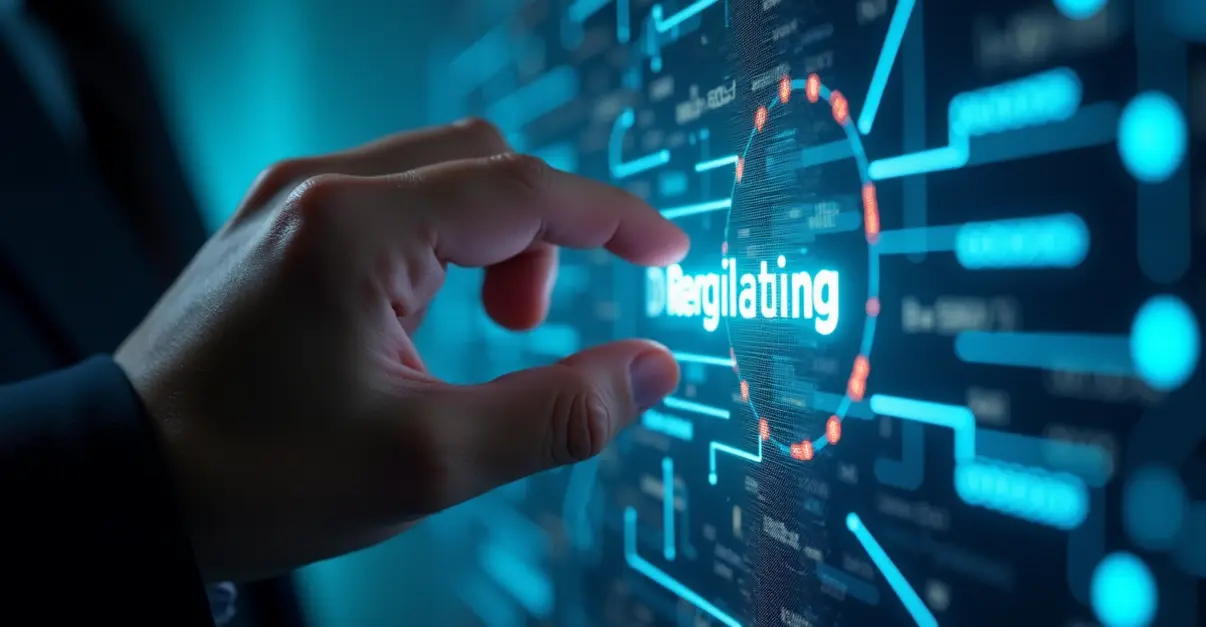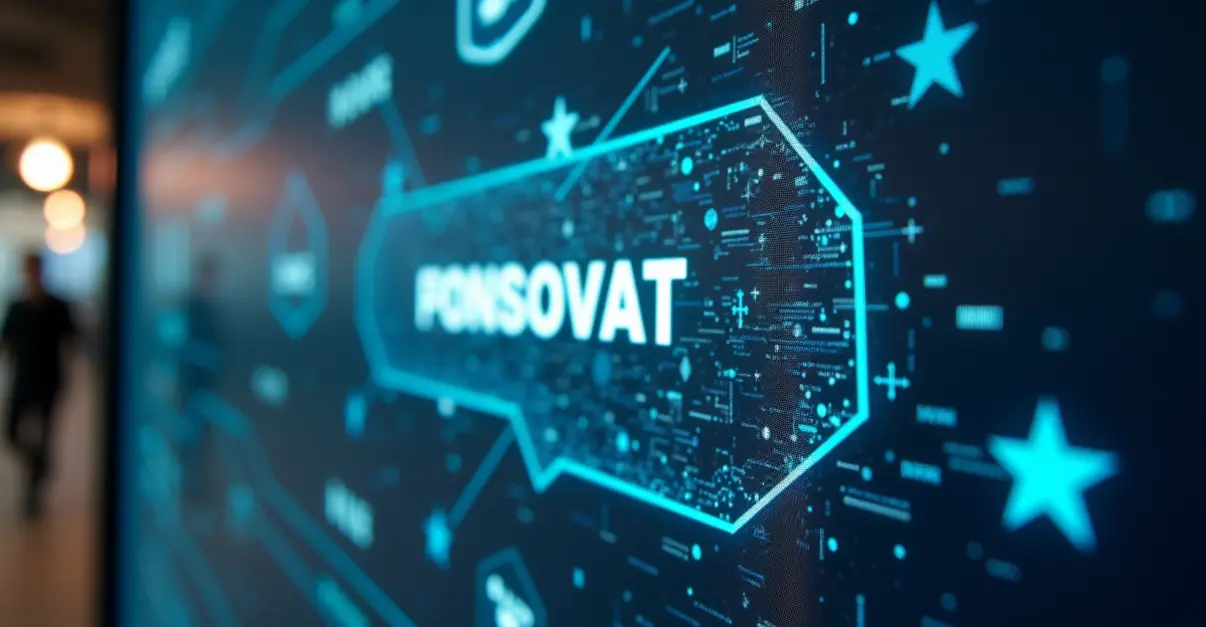World's First Comprehensive AI Regulation Enters Critical Phase
The European Union has taken a significant step forward in artificial intelligence governance with the release of detailed enforcement guidelines for the landmark EU AI Act. As the world's first comprehensive legal framework for AI, the regulation establishes harmonized rules across all 27 member states, balancing innovation with fundamental rights protection.
Phased Implementation Timeline
The enforcement follows a carefully structured timeline that began with the Act's entry into force on August 1, 2024. The first critical milestone arrived on February 2, 2025, when prohibitions on certain AI systems took effect. These include bans on biometric categorization based on sensitive characteristics, emotion recognition in workplaces, manipulative systems, and social scoring applications.
The most significant compliance obligations become binding on August 2, 2025, affecting general-purpose AI (GPAI) models and establishing the core governance framework. 'This phased approach gives organizations time to adapt while establishing comprehensive AI governance across the EU,' explained Dr. Elena Schmidt, AI Policy Director at the European Commission.
Member State Preparations
Member states are now racing to establish their national implementation frameworks. By August 2, 2025, all member states must designate national market surveillance authorities and notifying bodies responsible for overseeing compliance. The European AI Office, serving as the central enforcement authority, now has powers to conduct evaluations, demand documentation, and recommend sanctions.
'The coordination between national authorities and the European AI Office will be crucial for consistent enforcement across the single market,' noted French Digital Minister Pierre Dubois during a recent briefing in Paris.
Industry Reactions and Compliance Challenges
The business community has responded with a mix of cautious optimism and concern about implementation costs. Major technology companies including Amazon, Google, Microsoft, OpenAI, and Anthropic have voluntarily signed onto the GPAI Code of Practice, gaining "presumption of conformity" with the AI Act.
However, smaller enterprises and startups express concerns about the regulatory burden. 'The compliance costs could be particularly challenging for smaller AI developers who lack the legal and technical resources of larger corporations,' stated Maria Rodriguez, CEO of Barcelona-based AI startup NeuroTech.
The penalty regime also became effective on August 2, 2025, with fines reaching up to €35 million or 7% of global turnover for prohibited AI practices. For GPAI providers, penalties are delayed until August 2026 to allow for adaptation.
Technical Requirements and Documentation
Providers of GPAI models now face specific obligations including maintaining detailed technical documentation, ensuring copyright compliance, and providing comprehensive summaries of training data. Models classified as "systemic" face additional requirements such as mandatory reporting to the European Commission and enhanced cybersecurity measures.
'The transparency requirements around training data represent a significant step forward in AI accountability,' commented Professor Klaus Weber, AI Ethics Researcher at Technical University of Munich.
Looking Ahead
The majority of the AI Act's provisions will apply from August 2, 2026, with high-risk AI systems in sectors like healthcare, finance, and transportation facing comprehensive compliance requirements. Article 6(1) obligations begin on August 2, 2027, while providers of GPAI models placed before August 2025 have until August 2027 for full compliance.
The Commission has ongoing evaluation responsibilities, including annual reviews of prohibitions and periodic assessments of the AI Office and voluntary codes of conduct. Large-scale IT systems must comply by December 31, 2030, marking the final implementation milestone.
'This represents a global benchmark for AI regulation that other jurisdictions will likely follow,' concluded Dr. Schmidt. 'The success of this framework will depend on effective cooperation between regulators, industry, and civil society.'

 Nederlands
Nederlands
 English
English
 Deutsch
Deutsch
 Français
Français
 Español
Español
 Português
Português










